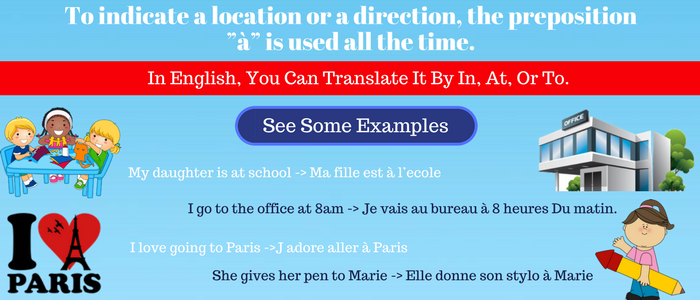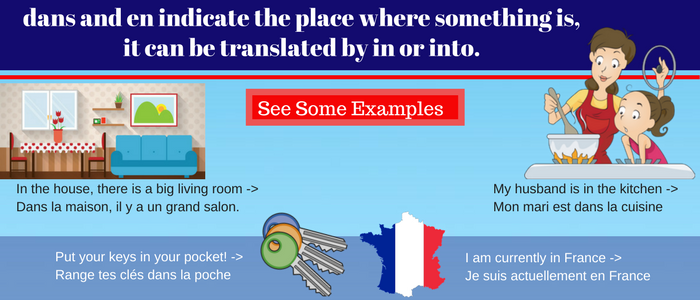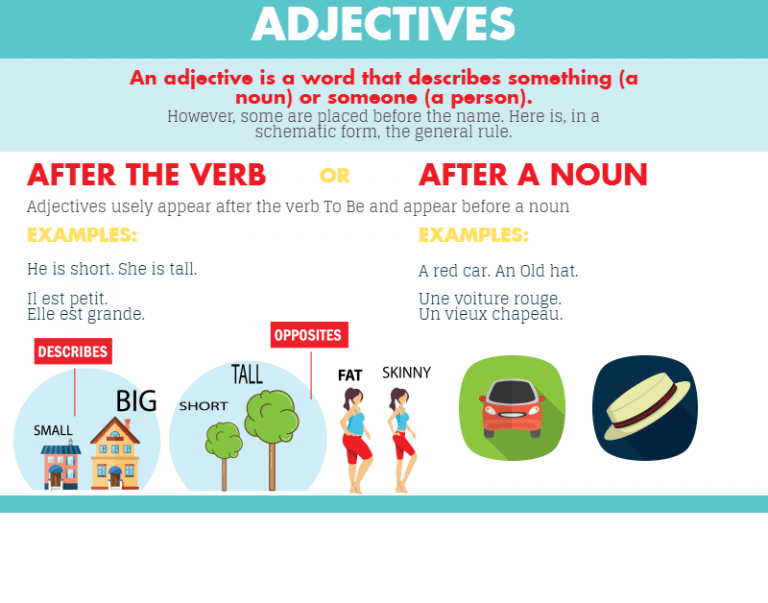Prepositions are used in both French and English, but according to the context of the sentence, they don’t always have the same meaning or translation.
French Lessons Australia is here to help you out with a specific kind of propositions: the ones that indicate location or direction to or from a place.
A preposition shows the relationship of a noun or a pronoun to another word in a sentence.
Today, we will see the most useful ones in French!
à

Note that this preposition is always used before the name of a city or a person. When it is a country, the rule change as you will see later in this post.
You perhaps also have noticed that the à becomes ”au” in some cases. When the following noun is masculine (and is not the name of a place like Paris), à becomes au. Eg. I do the shopping at the supermarket =>Je fais les courses ausupermarche. To indicate a time or a direction, à is also used. Examples:
- Our meeting is at 3pm -> Notre reunion est à 3h de l’apres-midi.
- It is the first on the right ->C’est la premiere à
de

Here, de becomes d’ when a word starting with a vowel follows the preposition. Eg. My boyfriend comes from Australia -> Mon petit amivientd’Australie.
The form ”du” is also possible. It is in fact the contraction of ”de le” (from the) that cannot be said in French. When the place of origin is not a geographical name (eg le bureau, le jardin, le magasin) but is masculine, you will use du. If this is not geographical name but it is feminine, you will say de la. Eg. I come from the bakery -> Je pars de laboulangerie.
De can also be translated by about when it is used with verb ”parler” (to talk). Eg. What are you talking about? ->De quoi parles-tu?
dans/en

When you talk about a country, you can either use the preposition en or au, depending if the country is feminine or masculine. Eg. (1) I am in France -> Je suisen France (feminine name). (2) She is in Canada -> Elle estau Canada. (masculine name)
chez







